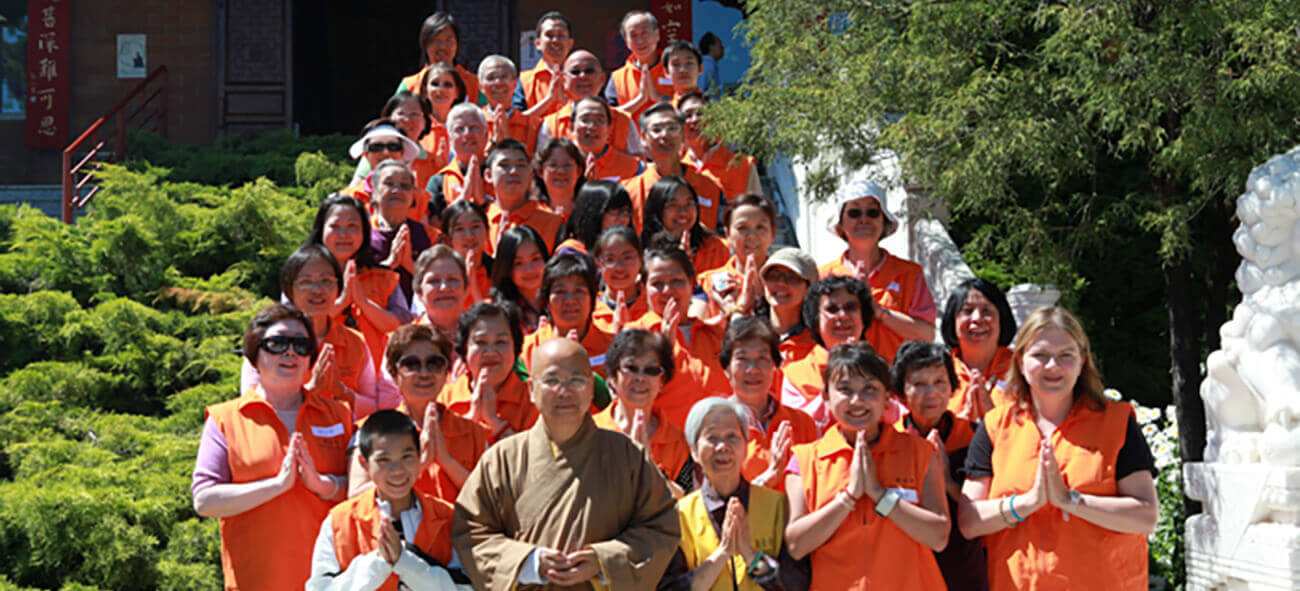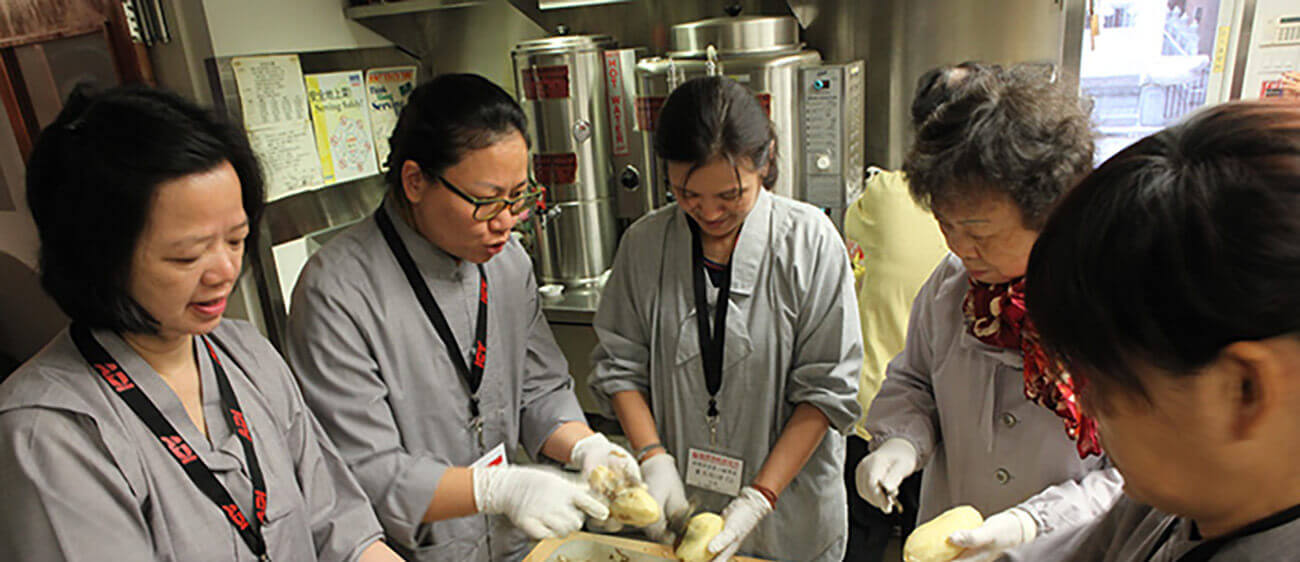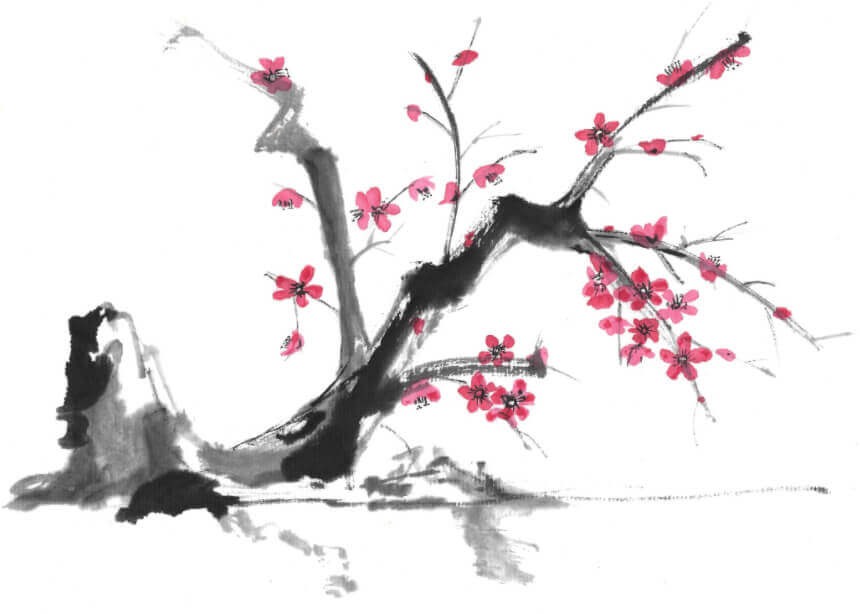Volunteering
Bringing compassion to your local community.

By volunteering at the International Buddhist Temple, you are helping yourself and others find true happiness by spreading the Dharma and accumulating merits of compassion and wisdom. Serving the Buddhist community by giving your time and effort to help other sentient beings is the quintessential embodiment of a Bodhisattva.
Volunteering at our Buddhist temple is one of the best ways to cultivate generosity and compassion towards others. As you take part in our volunteer program, you will also learn to be more mindful of your actions, speech and thoughts and develop the inner resources to live a happier life.

Role of a Volunteer
Volunteers don’t think in terms of labour or reward. They serve with a joyful heart. Volunteering is making an altruistic contribution with goodwill, time and energy.
Volunteers play a crucial role of protecting the Dharma. Their behavior and conduct also help to exemplify the Buddha’s teachings. As they are often the very first people to greet our visitors, volunteers play a vital role in making the visitor experience both pleasant and rewarding, thus helping visitors receive and learn the Dharma.
“Helping people brings happiness.”
Benefits of Volunteering
Put Dharma to practice & cultivate peace, happiness.

There are, of course, many benefits of being a volunteer at any charitable organization. However, volunteering at a Buddhist temple carries with it a special significance.
Giving food to the poor only helps temporarily relieve hunger. It doesn’t save them from poverty. In order to escape it, one must learn to be self-subsistent. Therefore, one truly helps another suffering from poverty by giving him/her education and a job opportunity. In the same way, true, lasting happiness cannot be given to others by fulfilling their material needs, it can only be achieved by helping them develop their own inner resources (spiritual qualities) that help them live happier and more meaningful lives. By being a volunteer in a Buddhist temple, you are supporting others in their path to seek true happiness through the Dharma, which benefits them not only in this lifetime, but in future lifetimes as well.

Helping people seek true happiness through the Dharma
Supporting people with emotional problems, such as anxiety, depression, and anger seek relief through the Dharma
Create good karma for future happiness and joy
Sow the seeds of spiritual liberation for yourself and others

At the level of worldly Dharma:
- Building friendships, meeting like-minded people on the Buddhist path;
- Putting Dharma into practice and improving one’s character and moral conduct;
- Sowing good karma through supporting the monastic community;
- Cultivating merits and wisdom. Volunteering for the benefit of others leads to more happiness and wisdom.
At the level of transcendent Dharma:
- Cultivating the six paramitas (generosity, morality, patience, diligence, concentration and wisdom)
- Developing the essential qualities for progressing on the Buddhist path (e.g. right view, action, speech, mindfulness, etc.).
- Sowing the seeds of enlightenment on the Bodhisattva path.
- Receiving valuable Dharma lessons from our sangha community

Attitudes for Volunteering
Thoughts and attitudes towards your work & those around you.

1. All volunteers, Buddhist follower or not, shall respect the Three Jewels: Buddha, Dharma and Sangha.
2. Volunteers should respect every fellow volunteer and person that they serve, remembering that all sentient beings possess the Buddha nature within them.
3. Working with people from diverse backgrounds provides a prime opportunity to learn tolerance, patience and flexibility. Volunteers should learn to serve with joy, kindness, evenness of temper, gentleness and devotion, and with quiet modesty and humility.
4. Even when working with rude and difficult people, be respectful and mindful, seeing it as an opportunity to develop the virtues of forbearance and compassion. Remember, you need virtue and wisdom to enlighten others, so use this challenge as food for growth on the path.




